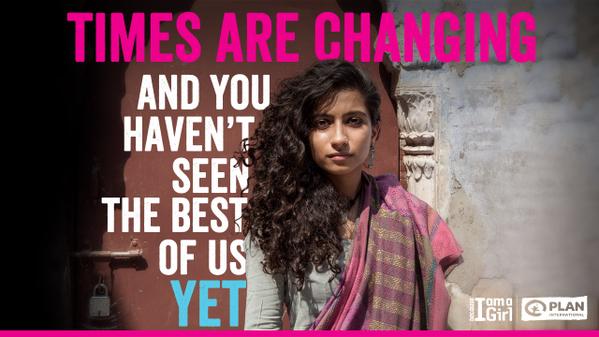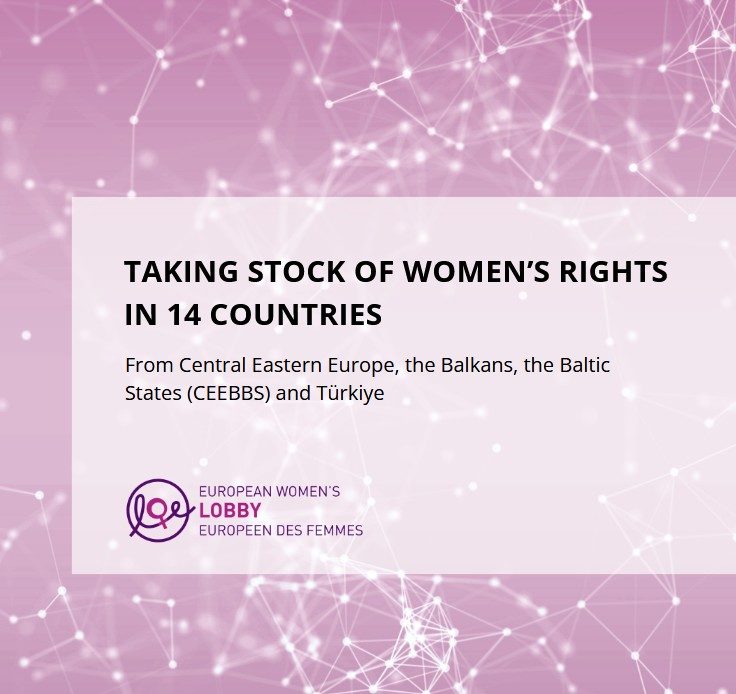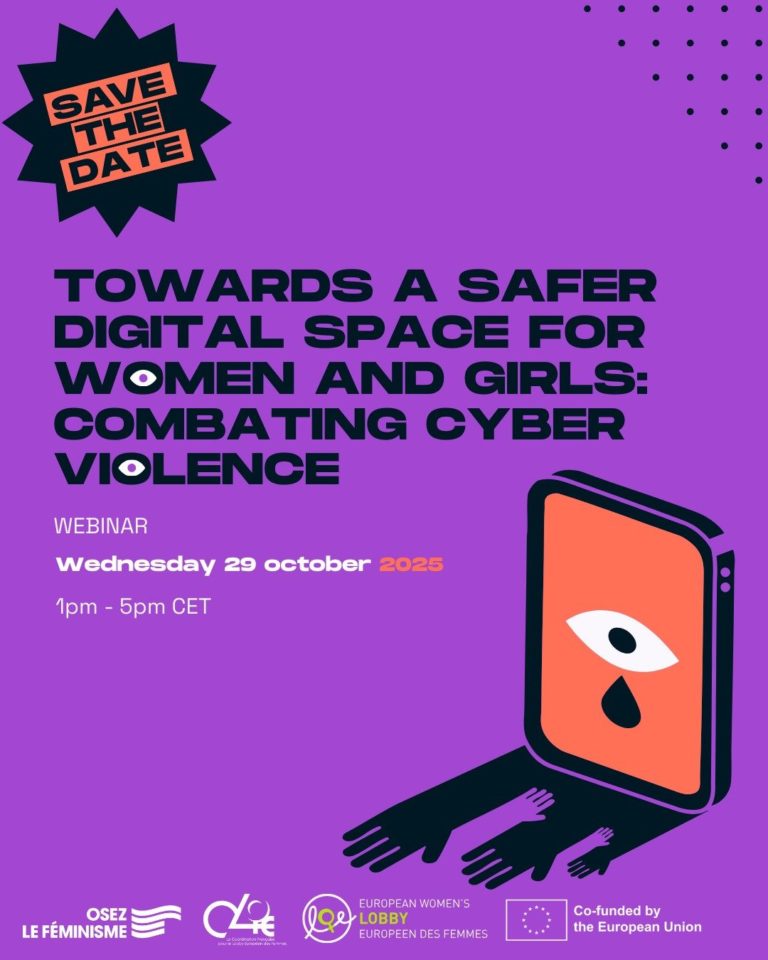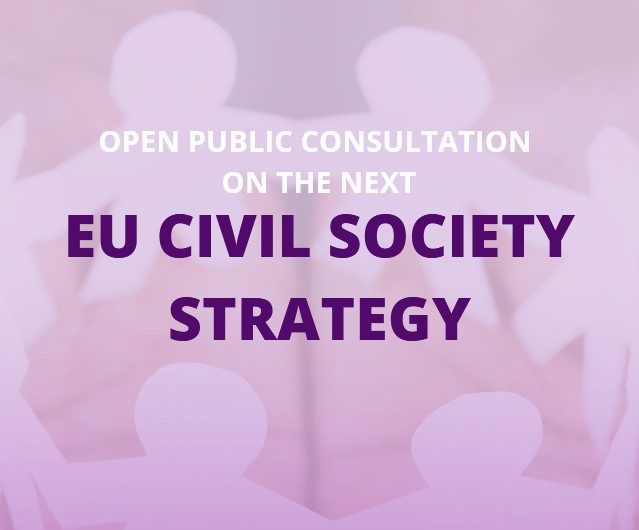[Article by PLAN EU Office, 11 October 2015] The European Week of Action for Girls (EWAG) is an annual week-long event which aims to ensure that girls’ empowerment is promoted and their rights are protected and fulfilled in the EU’s external action, through adequate policies, funding and programs.
Through a series of policy, advocacy, media, campaigning and youth-focused events, EWAG highlights the power and potential of girls as development actors and agents of change, as well as the particular challenges they face in realising their rights and the EU’s role in addressing these.
Now in its fifth year, EWAG is organised by a coalition of civil society organisations working on topics linked to gender equality and/or children’s and youth rights, notably in development and humanitarian settings.
This year’s edition takes place under the patronage of the Luxembourg Presidency of the Council of the EU. It takes place from 11-17 October 2015, to coincide with and celebrate the International Day of the Girl Child (11 October).
WHY FOCUS ON GIRLS’ RIGHTS AND EMPOWERMENT?
Supporting girls to develop to their full potential has a catalytic effect in breaking the inter-generational cycle of poverty. For example, girls who benefit from a quality secondary education will be better equipped to make informed choices, improving not only their own lives, but also those of their children, families and communities. Everyone benefits, including boys and men.
But despite some hard-won gains for gender equality in the past 15 years, girls and women across the world continue to be disproportionately affected by poverty, injustice, violence, disease and discrimination, including in their national legislation and legal systems.
In many societies, girls and women are subject to deep-rooted and harmful social norms, attitudes and behaviours that assign them a lower economic, political and social status than men and boys, even where there is legal protection against gender and age discrimination.
Violence continues to be perpetrated against women and girls all over the world – within families, in schools, in communities and in society at large – often with impunity.
Girls and young women often do not have control over important decisions that have a major impact on their health and well-being, such as the opportunity to choose if, when and with whom to start a family.
The vicious cycle of gender inequality and poverty hinders progress across all social and economic outcomes.
GIRLS AND THE SUSTAINABLE DEVELOPMENT GOALS
2015 is a milestone year, with the Sustainable Development Goals (SDGs) set to be agreed in September.
These goals will guide the international community’s work for the next decade and a half, and must galvanise global efforts to ensure girls everywhere can reach their full potential.
Extraordinary progress has been made in the past 15 years in reducing extreme poverty, improving child wellbeing and promoting gender equality, but significant gaps remain and the poorest and most marginalised have often missed out. The SDGs must address this and ensure that no one is left behind.
Poverty reduction will depend on advancements in gender equality and women’s and girls’ empowerment. In particular, empowerment of adolescent girls will have a multiplying effect on a number of indicators of sustainable development, including across economic, health, education and child protection goals.
Girls must therefore be represented in the content, financing, implementation and monitoring of the SDG framework. The European Week of Action for Girls will challenge EU leaders to champion girls’ rights and empowerment by implementing transformative policies and practices and putting girls at the heart of efforts to achieve the post-2015 goals and targets.
The EU should lead by example to ensure policies and programmes transform systems and social norms which perpetuate the inequality and discrimination which prevent girls reaching their full potential, and promote girls’ right to physical and psychological integrity, access to high quality education, vocational training, and economic opportunities, and strengthen their voice and participation.
The different activities and events throughout the week will look at success stories but also the lessons learned from the unfinished business of the Millennium Development Goals. By doing so, EWAG aims to provide concrete recommendations to the EU for the inclusive implementation and monitoring of the SDGs.



